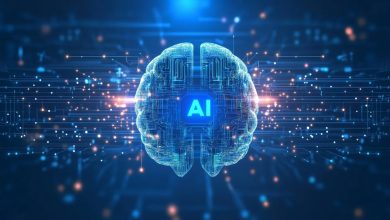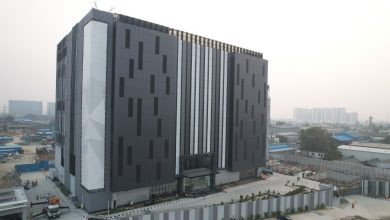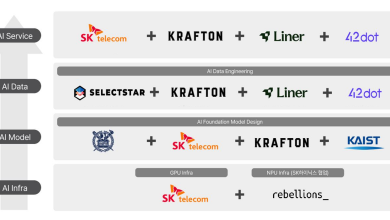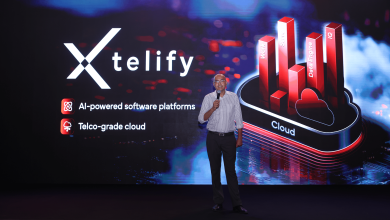Cloudera’s 2025 Predictions

By Remus Lim, Senior Vice President, Asia Pacific and Japan, Cloudera
While there will still be widespread optimism on the potential that AI and Gen AI can unleash in the year ahead, business leaders and boards will be applying more pressure on IT leaders to prove that the investments made are paying off in the form of tangible impacts. Against this backdrop, Cloudera offers three forecasted shifts that businesses should be cognisant of as we step into 2025.
The hype around Gen AI will wane, and businesses will take a pragmatic approach to AI
2025 will see two camps emerging – the first includes businesses that have found successful use cases for GenAI and are reaping the fruits. According to McKinsey, 65% of organisations report regular use of GenAI, with meaningful cost reductions in HR and revenue increases in supply chain management. Financial service institutions, for example, are early adopters of GenAI, and at Cloudera we’re witnessing a notable shift rippling through the industry as more banks move from rule-based to model-based systems for fraud detection. The real value of GenAI lies in gaining knowledge and insights at scale – without good data, AI models will not be able to run successfully. Thus, businesses that are most likely to benefit are from sectors with large pools of trusted data that they can tap into for actionable insights. The second group of companies do not traditionally have large scale databases to scale nor benefit as much from GenAI, and they will turn to traditional AI or deterministic Machine Learning models instead to drive efficiency and productivity. Ultimately, we foresee that businesses will cease buying into the hype and shine of Gen AI, and instead focus on mapping their technology investment roadmap to their broader organisation goals.
A hybrid cloud infrastructure is no longer sufficient
If 2024 was a pilot year for Gen AI, 2025 will see businesses seeking to advance to full production and scale with Gen AI deployments. This means simply deploying a hybrid cloud infrastructure will not be enough, and businesses will face a mission-critical need for multi-cloud or hybrid capabilities for data and analytics. With the growth in hybrid environments, companies’ data footprints span on-premises, mainframes, public cloud, at the edge. Businesses need the capability to bring Gen AI models to wherever the data resides, and seamlessly move data and workloads across the business, to derive valuable insights and address organisational needs.
With so much data being fed into AI model services, security and governance will also come to the fore. Deloitte research reveals the biggest barriers to GenAI adoption for enterprises are compliance risks and governance concerns. As businesses turn to running AI models and applications privately, whether on premises or in public clouds, there will be a greater emphasis on hybrid data management platforms that integrate both on-premises and cloud data sources for greater flexibility and wider access to diverse datasets while maintaining control, security and governance over model endpoints and operations.
Businesses will favour private LLMs over public LLMs
With enterprise AI innovation taking centre stage in the year ahead, businesses will eschew public large language models (LLMs) in favour of enterprise-grade or private LLMs that can deliver accurate insights informed by the organisational context. According to a McKinsey study, less than half (47%) of companies are significantly customising and developing their own models currently and we believe that this is set to change in 2025 as businesses develop AI- driven chatbots, virtual assistants, and agentic applications tailored to the individual business and industry. As more businesses deploy enterprise-grade LLMs, they will require the support of GPUs for faster performance over traditional CPUs, and robust data governance systems with improved security and privacy. In the same vein, businesses will also ramp up their use of retrieval-augmented generation in a bid to transform generic LLMs into industry-specific or organisation-specific data repositories that are more accurate and reliable for end users working in field support, HR, or supply chain.




